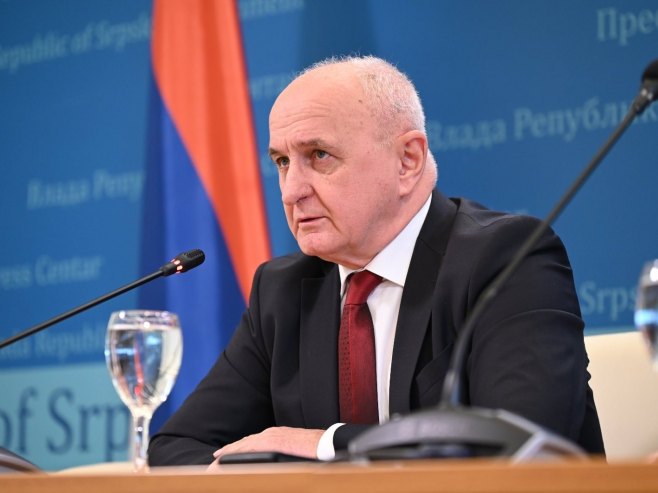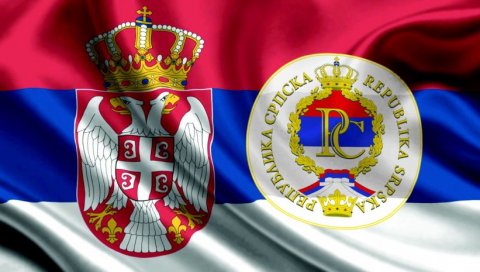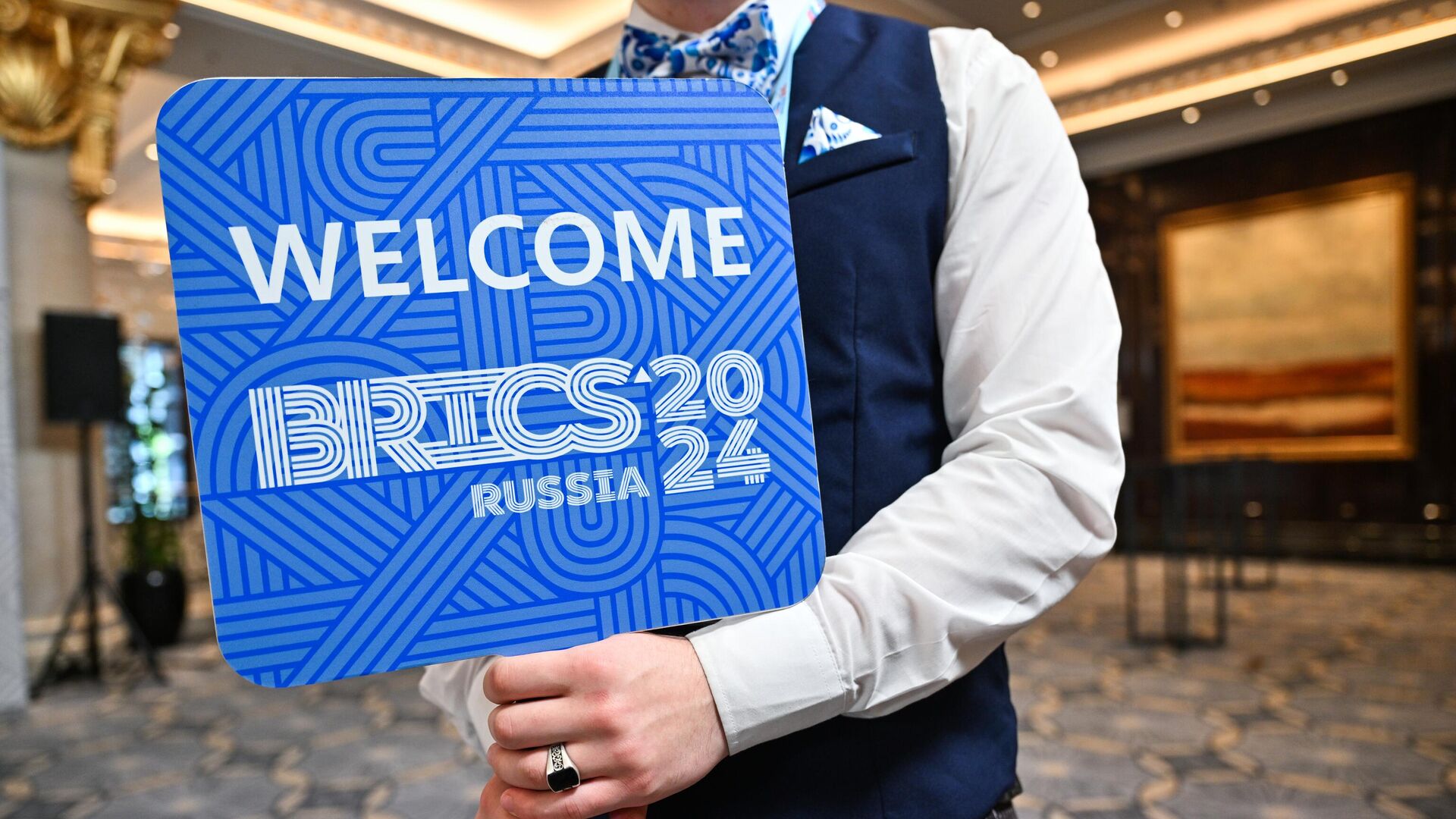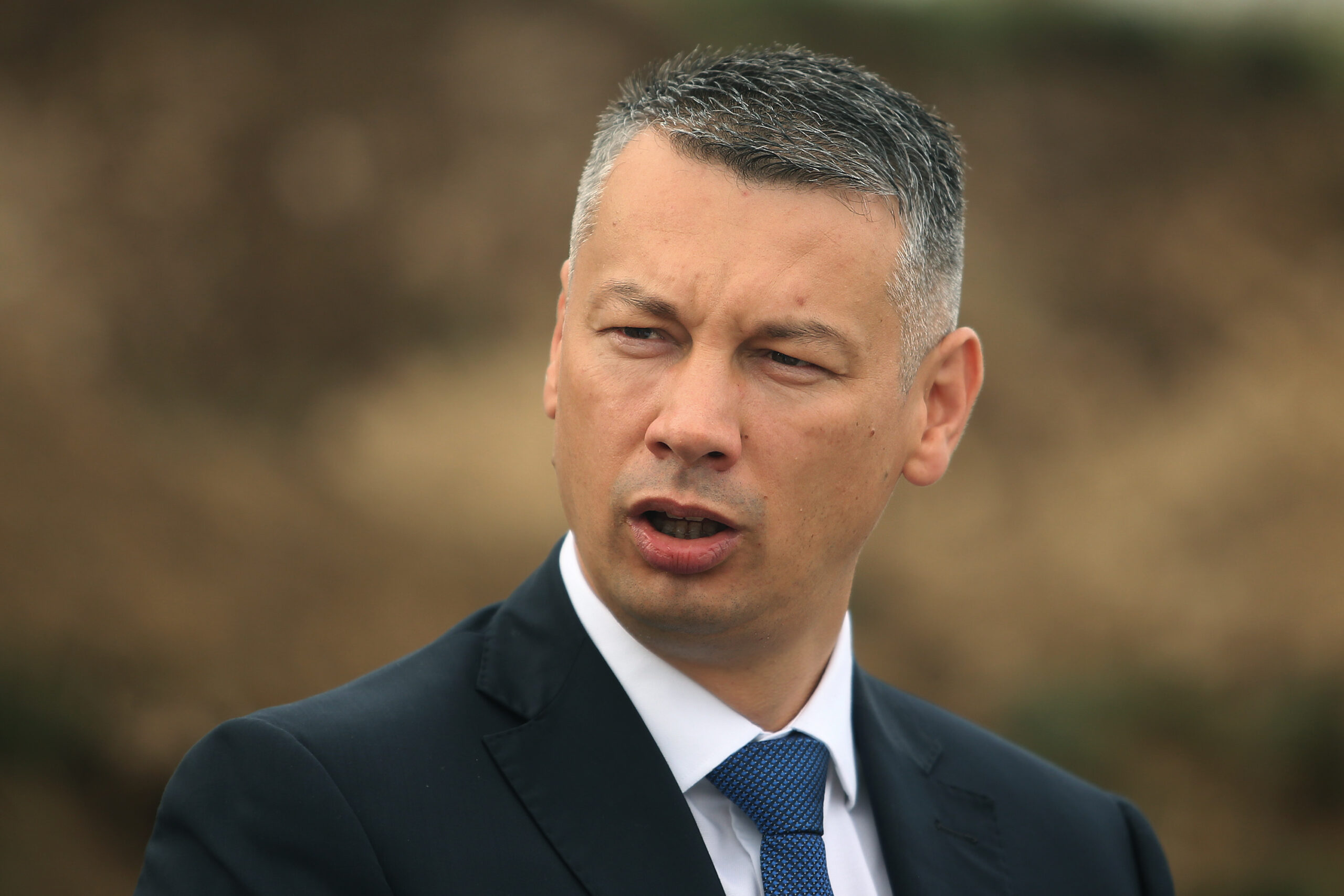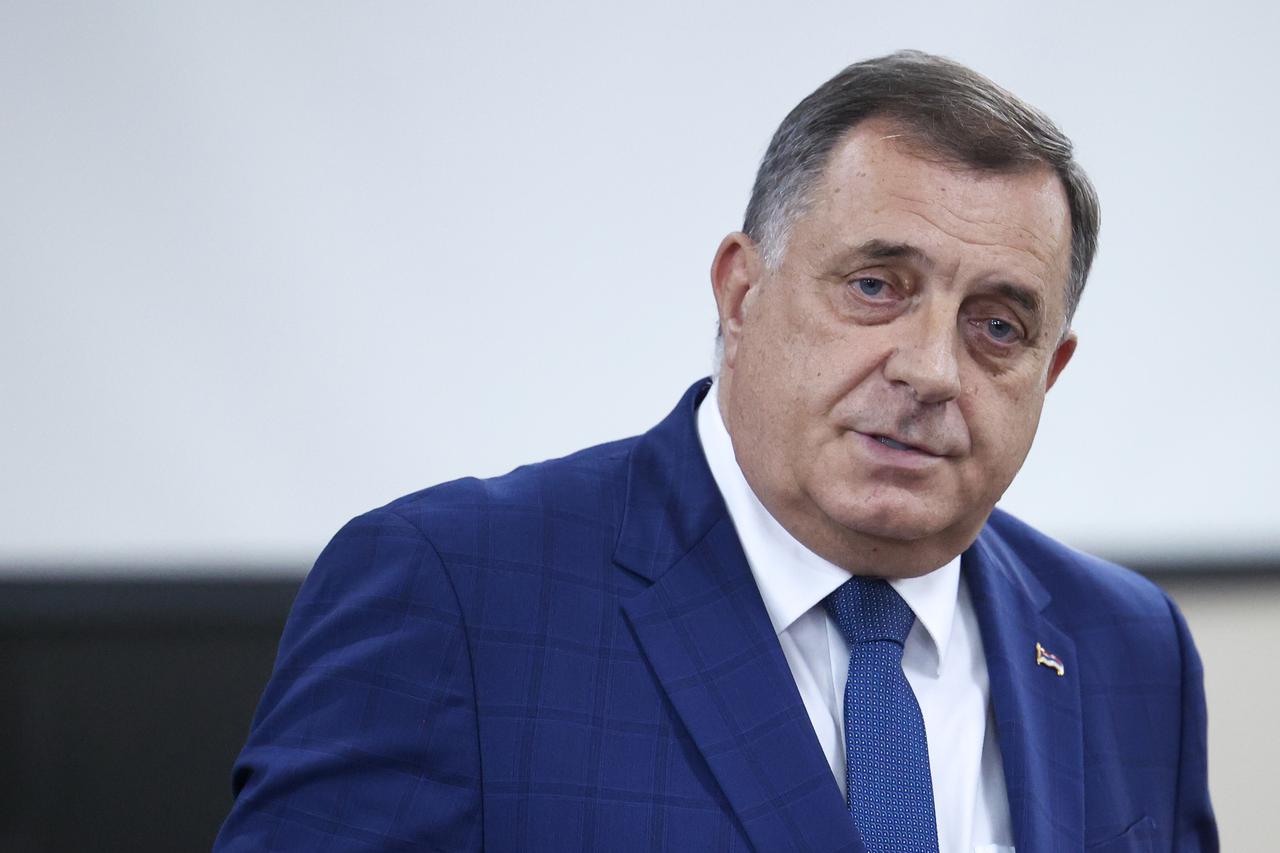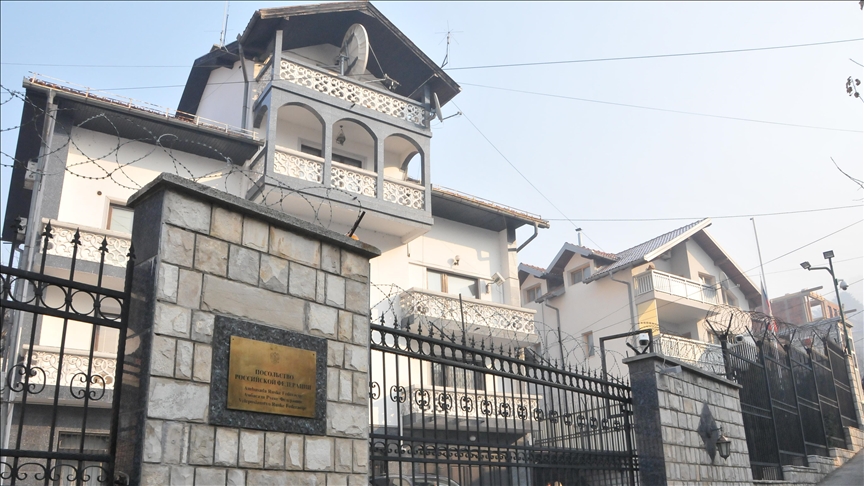If anyone is qualified to discuss what happened in Srebrenica, it is former U.S. Ambassador to Belgrade William Montgomery and Steven Meyer, who served as the first U.S. resident representative for the Balkans during the 1990s.
This is the view expressed by attorney Goran Petronijević, commenting on Montgomery’s recent interview with Radio Television Serbia (RTS). In the interview, Montgomery stated that the events in Srebrenica constituted a horrific war crime but described labeling it as genocide as “stretching the term.” He emphasized that the term genocide should be reserved for cases like Rwanda, where men, women, and children were systematically murdered.
Montgomery’s statement sparked outrage in Sarajevo, with local media calling the interview scandalous.
Petronijević noted that Montgomery was the U.S. ambassador to Bulgaria at the time of the Srebrenica events, while Meyer served as the first U.S. resident representative for the Balkans and later joined the Independent International Commission for Investigating Srebrenica’s Tragedy, led by renowned genocide expert Gideon Greif.
- Both Montgomery and Meyer were well-informed about developments in the region. Given the classified information they had access to, they would have reported any evidence of genocide to their superiors if it had existed. Montgomery’s openness on this matter is commendable, as is Meyer’s contribution in the commission’s report, which concluded that approximately 3,700 people—primarily soldiers—were executed in Srebrenica. The commission defined these acts as war crimes, not genocide. There was no genocide in Srebrenica, especially when viewed through internationally established definitions. The issue is what some people wish to portray – stated Petronijević.
International commission findings
Former director of the Republika Srpska Center for War Research and Missing Persons, and now a member of the BiH Parliament, Milorad Kojić, echoed Montgomery’s assessment. He pointed out that the Independent Commission’s report also described the use of the term genocide as incorrect and inappropriate, as it did not reflect the reality of events during the critical period.
- The commission acknowledged that a terrible war crime occurred, and no one disputes that. Montgomery’s statements carry weight due to his political and diplomatic credibility, as well as his position at the time. He likely had access to classified reports and messages sent from the region to Washington. Recently declassified documents will further help shed light on Srebrenica and other important aspects of the Bosnian civil war. This approach is a constructive step toward establishing the ultimate truth – Kojić told Glas Srpske, emphasizing that reconciliation can only be achieved through truth.
Dayton Agreement
In his RTS interview, former Ambassador William Montgomery also described the Western Balkans as unstable, noting that nearly 30 years after the Dayton Agreement, the peoples of Bosnia and Herzegovina remain deeply divided. He called this situation dangerous, warning that it could even lead to violence, as Bosniaks insist that BiH must remain as it is.
Montgomery added that he believes the initial formation of three entities, instead of two, would have been a better solution for Bosnia and Herzegovina.
Source: Glas Srpske

